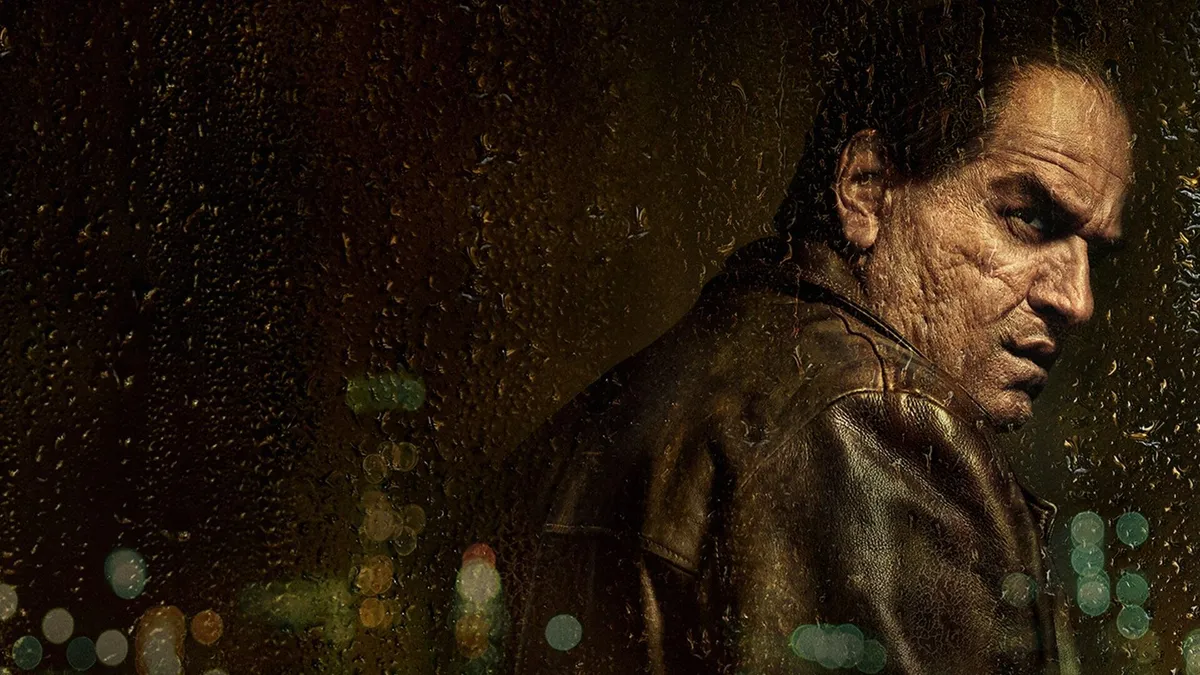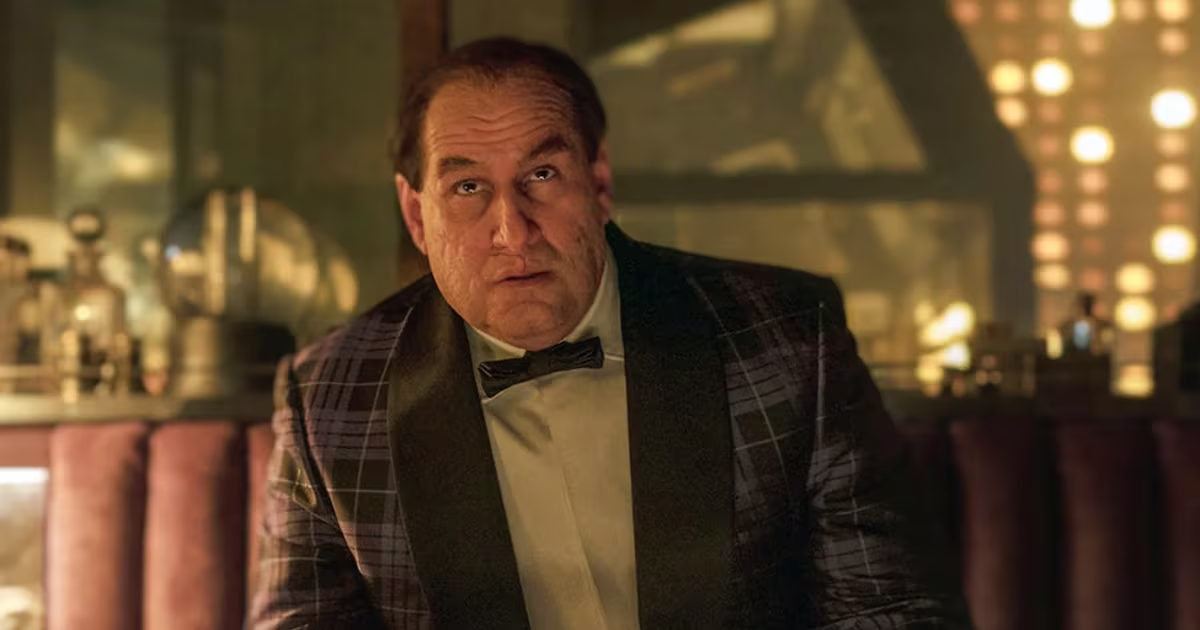The idea of a Batman show without Batman is not new—decades have passed with various attempts on Gotham City without the Caped Crusader’s nightly presence, most of which have been less than successful.
Shows like Birds of Prey, Gotham Knights, and Pennyworth: The Origin of Batman’s Butler left little lasting impact on the broader audience.
HBO’s new series, The Penguin, could easily be compared to FOX’s Gotham, a show that spent 100 episodes focused on the criminal underworld of the city.
However, Lauren LeFranc’s take on Gotham’s Gentleman of Crime not only surpasses its predecessors but, in just eight episodes, turns a comic book-inspired story into a compelling gangland epic.
Spinning off from Matt Reeves’ gritty, Se7en-influenced The Batman, The Penguin picks up immediately after the events of the 2022 film, where Paul Dano’s Riddler destroyed Gotham City’s sea wall, flooding many of the city’s poorer neighborhoods.
Oswald “Oz” Cobb (Colin Farrell), an opportunistic mid-level mobster, sees a path to power amid the chaos, pitting the Falcone and Maroni crime families against one another.
With Carmine Falcone (previously played by John Turturro, now portrayed in flashbacks by Mark Strong) dead and Salvatore Maroni (Clancy Brown) imprisoned in Blackgate, Oz seizes his chance to climb the criminal ladder.
Oz’s strengths—his smooth talking, resourcefulness, and ability to adapt—are also his weaknesses. He has a volatile temper, reminiscent of Joe Pesci’s character in GoodFellas, which often leads him to violence.
Early in the series, this impulsivity gets him into trouble when an insult from Falcone’s heir, Alberto (Michael Zegen), provokes Oz into shooting one of the most powerful figures in Gotham.
Farrell’s performance under prosthetics shows a mix of vindication and regret, as he mutters, “Aw, fuu-.” Cue the title card.
The series revolves around Oz’s ambitions, driven by his insecurities, and despite Batman’s absence—mentioned only briefly in a news report—the show manages to create a fully realized, satisfying crime saga.
Batman’s non-involvement is a welcome relief, allowing Farrell’s character to shine and giving LeFranc room to escalate the gangland drama at a measured pace.
Oz’s true nemesis emerges in the form of Sofia Falcone (Cristin Milioti), Alberto’s sister, who returns to Gotham after a stint in Arkham, where she was labeled as the serial killer “The Hangman.”
Whether or not the allegations are true is beside the point—Arkham either changed her or brought out what was already inside. Sofia’s cold, calculating nature stands in sharp contrast to Oz’s impulsiveness.
Milioti plays Sofia with a subtle, dangerous edge, stopping short of the Harley Quinn-style antics often seen in Gotham’s more eccentric characters. Her performance is so strong that she occasionally steals scenes from Farrell.

Yet Farrell holds his own, evolving his portrayal of Oz into something more nuanced. While comparisons to mob figures like Robert De Niro and James Gandolfini are inevitable, Farrell layers his performance with complexity.
The Jersey accent adds a bit of humor to his otherwise menacing demeanor, and like Tony Soprano, Oz has a complicated relationship with his mother (Dierdre O’Connell), who encourages him to embrace his violent potential. In one particularly memorable scene, she goads him, asking, “You a weak little pussy boy?”
Oz’s desire for love and admiration defines much of his character arc, and Farrell portrays a man who will kill anyone who doesn’t give him the respect he craves.
His interactions with Victor (Rhenzy Feliz), a young thief he takes under his wing, reveal his self-perception as a “nice guy,” even though he’s willing to kill at the slightest provocation.
Farrell expertly balances this unpredictability, his eyes desperate behind layers of prosthetics, while his actions show him moving forward because, as he believes, he has no other choice.
This chaotic momentum carries the show through its eight episodes, though the pacing occasionally slows in the middle.
Flashbacks provide insight into the troubled pasts of both Oz and Sofia, highlighting how their circumstances and upbringing shaped them. While these flashbacks enrich the characters’ stories, they sometimes interrupt the flow of the present-day narrative.
The show’s visuals, reminiscent of Greig Fraser’s work on The Batman, evoke a similar mood with amber-hued sunsets and pitch-black nights, though the cinematography feels somewhat less polished.
Mick Giacchino’s score complements the ‘70s-style aesthetics, though it lacks the iconic impact of his father Michael Giacchino’s work on *The Batman*.
Despite these minor drawbacks, The Penguin strikes an intriguing balance between grounded crime drama and larger-than-life comic book tropes.
The show’s strength lies in the dynamic between Oz and Sofia, two deeply flawed characters both striving for the American Dream, battling not just each other but the societal forces that shaped them.
It’s a bold tale to tell in the shadow of Gotham City, proving that you don’t need Batman to create a gripping, character-driven story.
The Penguin premieres on HBO Thursday night, September 19, with new episodes airing Sundays starting September 22. Episodes will also be available on Max the following day.


